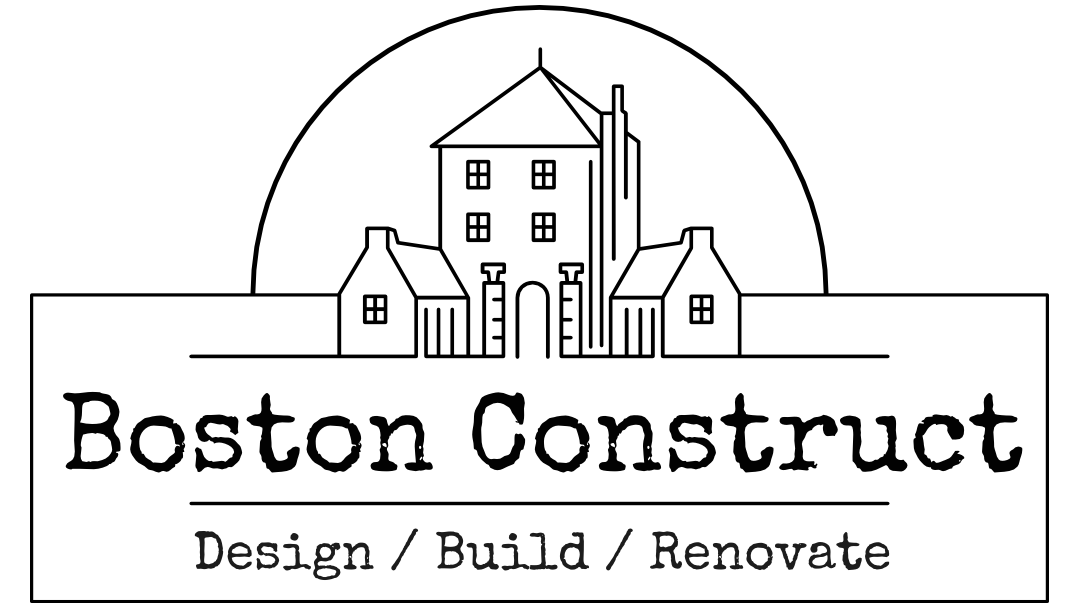Embracing Universal Design Principles in Your Custom Home
When it comes to designing a custom home that meets the needs of every occupant today and into the future, incorporating the principles of universal design is incredibly important. Universal design focuses on creating living spaces that are usable, flexible, and adaptable for individuals of all ages, abilities, and life stages. By embracing universal design principles in your custom home project, you can ensure a functional, stylish, and accessible living environment that accommodates the varying needs and preferences of your family members, now and in the years to come.
Our team of design experts understands the importance of planning for the future in your custom home project, and we are well-versed in integrating universal design principles into our designs. Our goal is to create homes that are aesthetically appealing, functional, and comfortable for all inhabitants, combining thoughtful design features with timeless charm and elegance.
In this informative blog post, we will explore critical aspects of universal design for custom homes, including elements such as barrier-free access, adaptable floor plans, and user-friendly features that enhance accessibility and functionality. Whether you have specific accessibility requirements or simply wish to design a home that can evolve with your family's needs, our experienced team is ready to guide you through the process of incorporating universal design into your custom home project.
Barrier-Free Access for Increased Mobility and Ease
One of the fundamental goals of universal design is to create a living environment that facilitates easy movement and access for all occupants. By incorporating barrier-free design elements, you can enhance your custom home's overall accessibility:
1. Wide Doorways and Hallways: Design your custom home with wider doorways, ideally 36 inches wide, and spacious hallways to accommodate wheelchairs and other mobility devices.
2. Zero-Threshold Entrances and Flush Transitions: Incorporate zero-threshold entries and flush transitions between different flooring materials to minimize tripping hazards and enable seamless mobility for occupants using walkers or wheelchairs.
3. Accessible Outdoor Spaces: Plan your custom home's outdoor spaces, such as patios and decks, with accessibility in mind, including features like ramps, non-slip surfaces, and ample maneuvering space.
Adaptable Floor Plans for Evolving Family Needs
A custom home with an adaptable floor plan enables you to accommodate your household's changing needs over time, ensuring continued comfort and functionality. Consider these tips to design an adaptable custom home:
1. Main Floor Living: An open-concept main floor that includes key living spaces, such as the master bedroom, kitchen, and laundry room, allows for single-level living and convenience for all family members.
2. Flex Rooms: Incorporate flex rooms that can be adjusted or repurposed as your family's needs change, serving various purposes such as offices, guest rooms, or playrooms as needed.
3. Multi-Generational Living: Design your custom home with multi-generational living in mind, creating separate living spaces for extended family members or caregivers, such as a private suite with a kitchenette.
User-Friendly Features for Enhanced Functionality and Comfort
Creating a user-friendly home environment means selecting features and fixtures that cater to occupants with varying abilities and preferences. Consider these universal design elements for your custom home:
1. Lever Handles and Touchless Controls: Opt for lever-style door handles and touchless faucets that enable easy operation while reducing physical strain for those with limited dexterity.
2. Adjustable Countertops and Cabinets: Incorporate adjustable countertops and cabinets, or opt for varying heights within your kitchen and bathroom spaces to accommodate individuals of different statures and mobility levels.
3. Task Lighting and Visual Aids: Plan for ample task lighting and visual aids, such as contrasting colors on countertops, cabinets, and flooring, to promote ease of use and improved visibility for all occupants.
Prioritizing Safety and Accessibility in Bathroom Design
Bathrooms are often the most challenging spaces in terms of accessibility, but incorporating thoughtful universal design elements can greatly enhance the safety and usability of these essential rooms:
1. Curbless Showers and Grab Bars: Design your custom home's bathroom with curbless showers and strategically placed grab bars for added safety and accessibility, especially for individuals with limited mobility or balance concerns.
2. Comfort-Height Toilets and Wall-Mounted Sinks: Choose comfort-height toilets and wall-mounted sinks to accommodate occupants of varying heights and those who rely on mobility aids, such as wheelchairs or walkers.
3. Slip-Resistant Flooring: Select slip-resistant flooring materials for the bathroom to minimize the risk of falls and enhance overall safety for all occupants.
Build a Custom Home that Meets Your Family's Needs Today and Tomorrow
Incorporating universal design principles into your custom home project is an investment in your family's future, ensuring that your uniquely designed living space will continue to meet your household's needs and preferences as they evolve. By embracing these principles, you can create a stylish, functional, and accessible custom home that enhances the comfort and well-being of all occupants, regardless of age or ability.
Contact us today to discuss your custom home aspirations, and let our team of experienced professionals guide you through the process of creating a living environment that thoughtfully integrates universal design. Together, we can build Boston custom homes that not only meet your family's needs today but stand the test of time by accommodating the ever-changing requirements of your loved ones for years to come.

